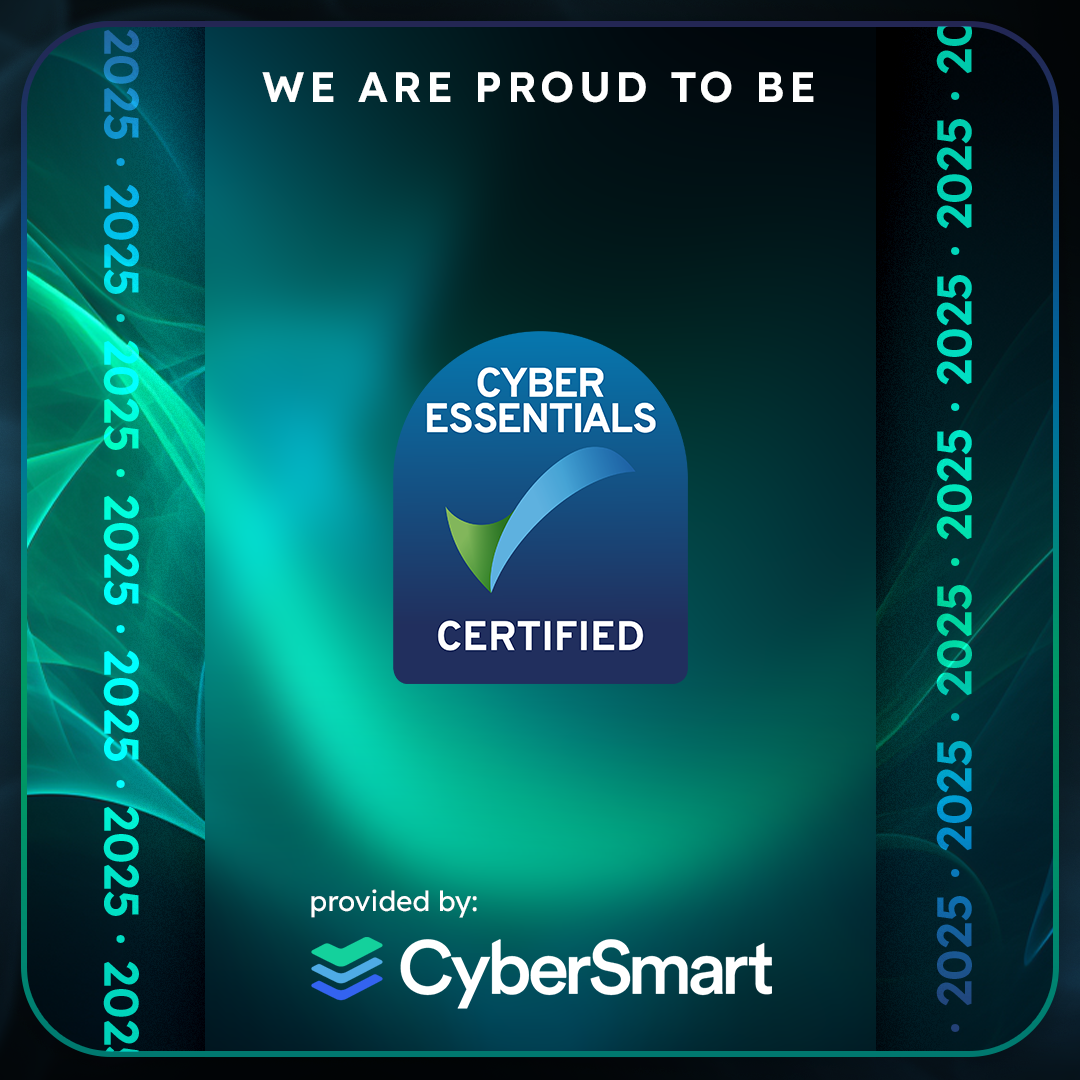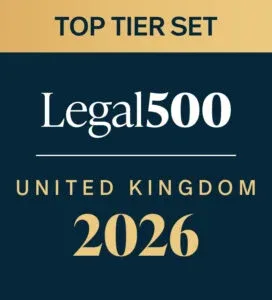Private FDR & Early Neutral Evaluation
The team has a wide range of experience in both financial and children cases and are highly regarded.

- Our Areas of Expertise
- Private FDR & Early Neutral Evaluation
Our Private FDR and Early Neutral Evaluation (ENE) Team
HH Alan Booth - Alan’s special area of expertise whilst at the bar and on the bench has been financial remedy work. Now that he has retired from the bench, he is available to help divorcing couples resolve their financial issues smoothly and privately by conducting private FDRs.
Susan Grocott KC (Called to the Bar in 1986, became a KC in 2008, appointed as a Recorder and as a s.9 High Court Judge.
Edward Boydell KC - (Called to the bar in 1989, KC in 2024) - Edward is available to conduct Private FDRs. Legal 500 2024 ranks him in Tier 1 of the Silks list of Leading Private FDR judges. He is one of relatively few Recorders to be ticketed to hear Family Finance appeals and has over 17 years experience of sitting in the family courts. He sits as a judge of the Financial Remedies Court in the Midlands and in Surrey. Edward also sits as a judge of the Crown Court.
Susan Deas (Called to the Bar in 1999 but previously in practice as a family solicitor.)
The team has a wide range of experience in both financial and children’s cases and are highly regarded.
Why opt for Private Financial Dispute Resolution (PrivateFDR) or Early Neutral Evaluation (ENE) ?
A Private FDR avoids unnecessary delay and the expense of a final hearing if settlement is achieved (which has been the experience of our team in most cases they have dealt with).
Instead of waiting for an FDR within the court process, which means having your case listed months away in a long list of FDR appointments in front of a busy Judge, opting to have a Private FDR heard by one of our specialist team of highly experienced barristers (two of whom sit as Family Recorders) makes sense both financially and personally.
In cases concerning children, it is vital to avoid delay. A parent may have no contact their child while court proceedings run their (long) course.
Our team of experienced lawyers will provide an independent indication as to what they believe the likely outcome would be if the financial or children dispute were to proceed to a final hearing. In children’s cases, this may involve indicating whether any factual disputes are likely to be heard by a court or dismissed as irrelevant to the welfare decision.
We provide Private FDR and ENA services at our Chambers in both Manchester and Preston. Rooms for each party and their legal representatives, as well as a separate hearing room will be provided. Refreshments, including lunch, will be provided free of charge. Alternatively, our services can be provided remotely or at any venue to suit you, such as another Chambers or the solicitors’ office.
At an in the court process FDR, the judge hears from both sides and gives an indication as to the likely outcome if the case were to proceed to a final hearing. Once this indication has been given, a high percentage of cases are then settled, avoiding the additional time and costs and stress incurred in proceeding to a final hearing.
However:
As court lists are increasingly congested, there is usually a considerable delay from the date of the FDA (First Directions Appointment) before the FDR takes place. In some Court centres, the delay is up to 6 months.
Judges usually have several FDR appointments in their list on one day. This can lead to frustrating and expensive waiting time at Court as well as an indication given without the Judge having digested all the documentation and the contents of the written submissions.
Not all Judges are specialist financial Judges, and their indications may therefore be given less weight by experienced practitioners so the appointment may not be as helpful as it would be if an experienced specialist financial Judge (or lawyer) gave an indication.
As in a court FDR, the evaluator encourages the parties towards settlement and (unlike mediation) expresses a clear view on the likely outcome if the dispute were to go to court.
As in a standard FDR, the outcome is not binding until a settlement agreement is signed and approved, and the parties can continue through the full judicial process if they choose to.
Private FDRs offer great advantages:
Although usually parties wishing to go down the Private FDR route will tell the court after the FDA that they are going to have a Private FDR, there is no reason why they should not agree to try to reach agreement with the help of a Private FDR practitioner outside the court process at any time.
Having a Private FDR reduces delay between FDA and FDR. If a Final Hearing is required, that can be listed at FDA on the basis that the parties intend to carry out a private FDR. The Final Hearing can then be vacated if FDR results in settlement.
The former President of the Family Division, Sir James Munby, is an advocate of the private FDR process, observing that:
“A private FDR is a simple concept. The parties pay for a financial remedy specialist to act as a private FDR Judge. That person may be a solicitor, barrister, or retired judge. No additional qualification is required. The private FDR takes place at a time convenient to the parties, usually in solicitor’s offices or barristers chambers, and a full day is normally set aside to maximise the prospects of settlement. It takes the place of an in-Court FDR.”
The current President of the Family Division, Sir Andrew McFarlane, is very keen to have all private law children cases dealt with outside the court process. He regards the use of courts to resolve these cases as a failure. It is likely that parties will soon have to use Alternative Dispute Resolution in all private law cases. Only those cases which have serious risk factors such as domestic or drug/alcohol abuse or psychiatric issues will remain in the court process.
What happens next?
We are happy to offer a competitive fee quotation for the Private FDR/ENE service and answer any questions you may have.
For further information please contact:
Senior Family Clerk
Peter Conwell - 0161 214 6008 / pconwell@deanscourt.co.uk












